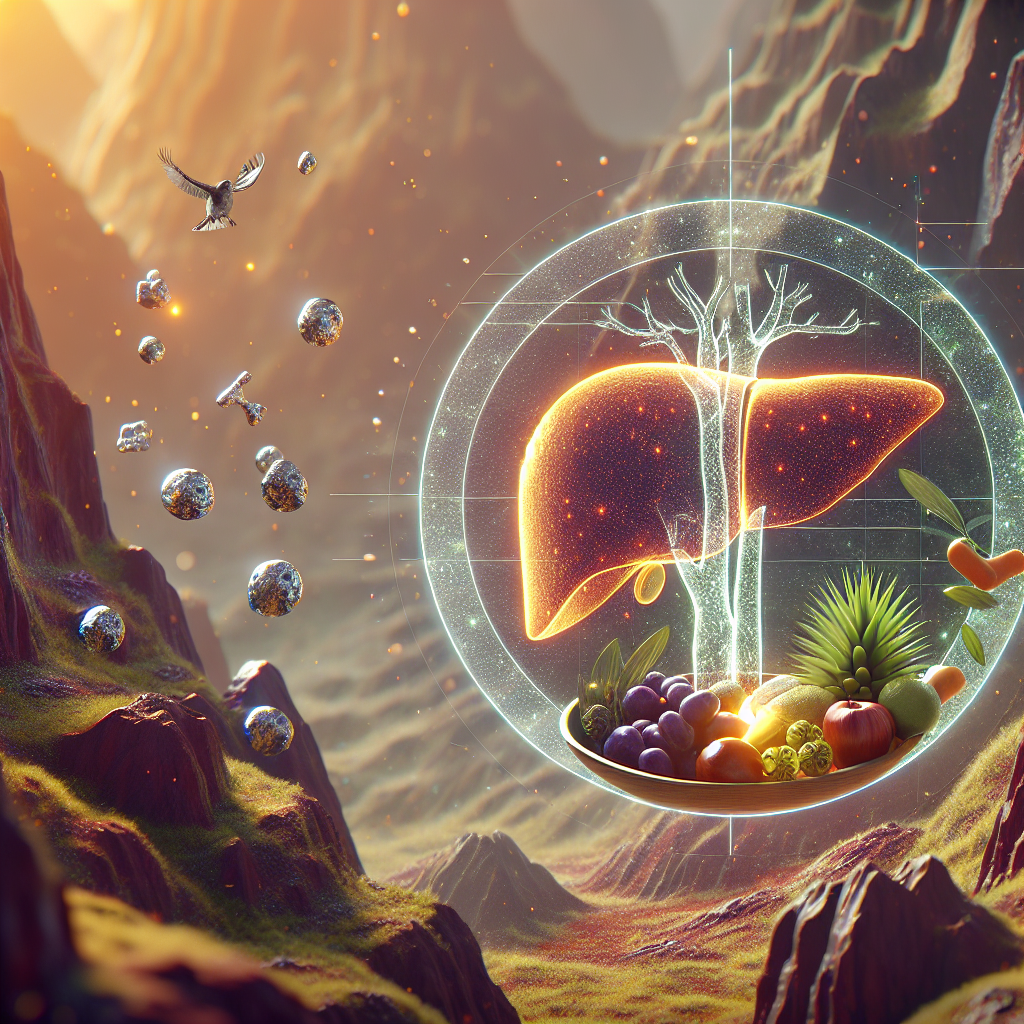
-
Table of Contents
How Collagen Improves a Keto Diet: Boost Liver Health

The ketogenic diet, popularly known as the keto diet, has gained significant attention in recent years due to its potential benefits for weight loss, diabetes management, and even neurological health. However, one aspect of the keto diet that is often overlooked is its impact on liver health. This article will explore how incorporating collagen into a keto diet can enhance liver health and overall wellness.
Understanding the Keto Diet
The ketogenic diet is a high-fat, low-carb diet that aims to shift the body’s metabolism from burning carbohydrates to burning fats for energy. This metabolic state, known as ketosis, can lead to rapid weight loss. However, the diet can also put a strain on the liver, which plays a crucial role in fat metabolism.
While the liver is capable of adapting to the increased fat metabolism required by the keto diet, it can become overwhelmed if the diet is not properly managed. This can lead to fatty liver disease, a condition characterized by an excessive accumulation of fat in the liver cells.
Fortunately, there are ways to support liver health while following a keto diet. One of the most effective strategies is to incorporate collagen into the diet. Collagen, the most abundant protein in the body, has been shown to have numerous health benefits, including supporting liver health.
The Role of Collagen in Liver Health
Collagen is a vital component of the liver’s structure. It helps maintain the integrity of the liver’s cells and tissues, allowing it to function optimally. Additionally, collagen has anti-inflammatory and antioxidant properties, which can help protect the liver from damage.
Research has shown that collagen can help prevent and even reverse liver damage. A study published in the Journal of Clinical Biochemistry and Nutrition found that collagen could reduce liver inflammation and fibrosis (scarring) in rats with liver disease. This suggests that collagen could potentially help protect the liver from the potential negative effects of a high-fat diet.
Furthermore, collagen can support the liver’s detoxification processes. The liver is the body’s primary detoxification organ, responsible for filtering out toxins from the blood. Collagen can help enhance these detoxification processes, ensuring that the liver can effectively eliminate toxins from the body.
How to Incorporate Collagen into a Keto Diet
There are several ways to incorporate collagen into a keto diet. One of the easiest ways is to consume collagen-rich foods. These include bone broth, which is made by simmering animal bones and connective tissue, and certain cuts of meat, such as chicken skin and pork skin, which are high in collagen.
Another option is to take collagen supplements. These are typically made from the bones and skin of animals and are available in various forms, including powders, capsules, and gummies. When choosing a collagen supplement, it’s important to look for one that is sourced from grass-fed, hormone-free animals to ensure its quality and purity.
It’s also important to note that vitamin C is necessary for the body to synthesize collagen. Therefore, it’s a good idea to consume foods high in vitamin C, such as bell peppers and leafy greens, or take a vitamin C supplement alongside your collagen.
Conclusion
In conclusion, incorporating collagen into a keto diet can provide significant benefits for liver health. By supporting the liver’s structure and function, reducing inflammation, and enhancing detoxification processes, collagen can help protect the liver from potential damage caused by a high-fat diet.
Whether you choose to consume collagen-rich foods or take a collagen supplement, it’s important to remember that a balanced diet and healthy lifestyle are key to maintaining overall health and wellness. Always consult with a healthcare professional before starting any new diet or supplement regimen.